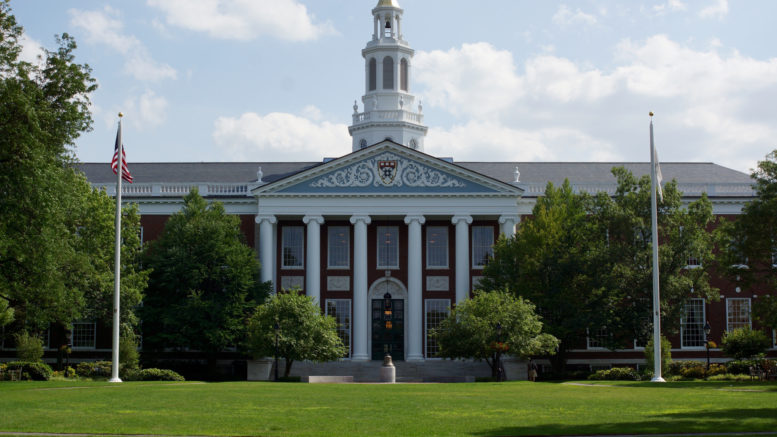I refer to the article “A confidential memorandum to the senior faculty of Harvard Business School” (The Economist, May 6).
It states that “YOU will all be aware that a book has just been published about our institution, Harvard Business School (HBS). Entitled “The Golden Passport”, by Duff McDonald, it makes a number of unflattering claims about the school’s ethics and its purpose. While often unbalanced, it is likely to galvanise hostility to HBS both inside Harvard University, of which we are a part, and among the public. This memorandum, circulated only to the most senior faculty members, assesses HBS’s strategic position.
However, we face three strategic problems. First, conflicts of interest—let’s be honest here—that have become glaring. We grant companies a veto over case studies written about them. We permit our faculty to be paid, for example, through consulting gigs, by firms they teach about. We do case studies on some of our big donors. It is likely that this compromises our objectivity.”
In this regard, perhaps what Singapore can learn – is to address the conflicts of interest that may be endemic in our society.
For example, people connected to managing agents should not be serving in town councils.
As to “Second, we face ever more competition to our claim to intellectual leadership. Important business thinkers such as Michael Porter and Clayton Christensen are still on staff, but a new generation of superstars has not yet caught fire. The authors of the most influential recent business book, “The Second Machine Age”, work across the Charles river at the Massachusetts Institute of Technology. As the tech industry expands, its chief alma mater, Stanford University, is growing ever more powerful” – we are facing increasing competition from other countries.
With regard to “Last, we may perpetuate inequality, a relevant subject at the moment. We have worked to make our intake of students more diverse. But even after the financial aid that we give to some, we have ramped up our effective MBA fees by 31% over the past five years” – the inequality in our society as measured by the Gini and other measures – put us as one of the most unequal societies in the world.
In respect of “Relative to the median salary our graduates earn in their first year at work, our fees are twice as costly as they were in 1986” – Singapore has been ranked as the most expensive city in the world by the Economist.
As to “It doesn’t take much to see our network as a form of cronyism” – Singapore is ranked fourth in the world in the capitalism-cronyism index (The Economist).
With regard to “We would be subject to the forces of accountability and transparency that we have always argued maximise performance. We look forward to your feedback” – perhaps we should learn from HBS and do more to encourage the public discourse, and try to criticise less or have arguably overly sensitive reactions to criticisms.
Leong Sze Hian
